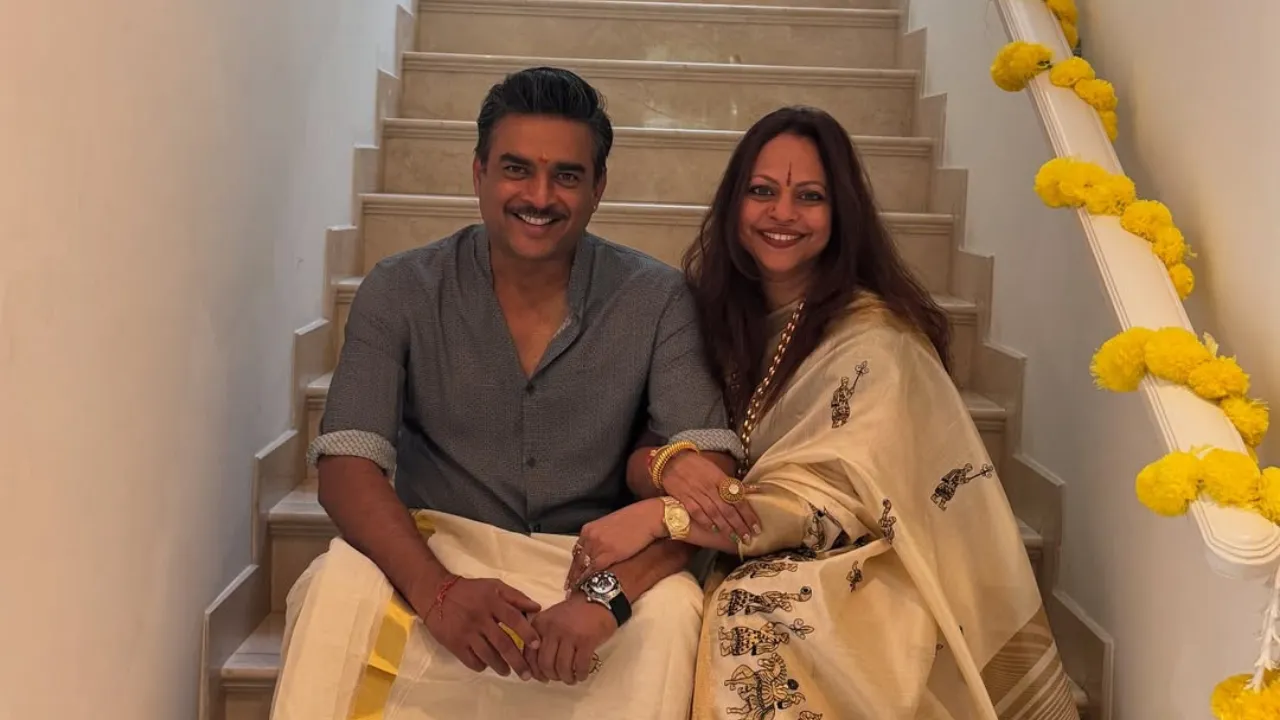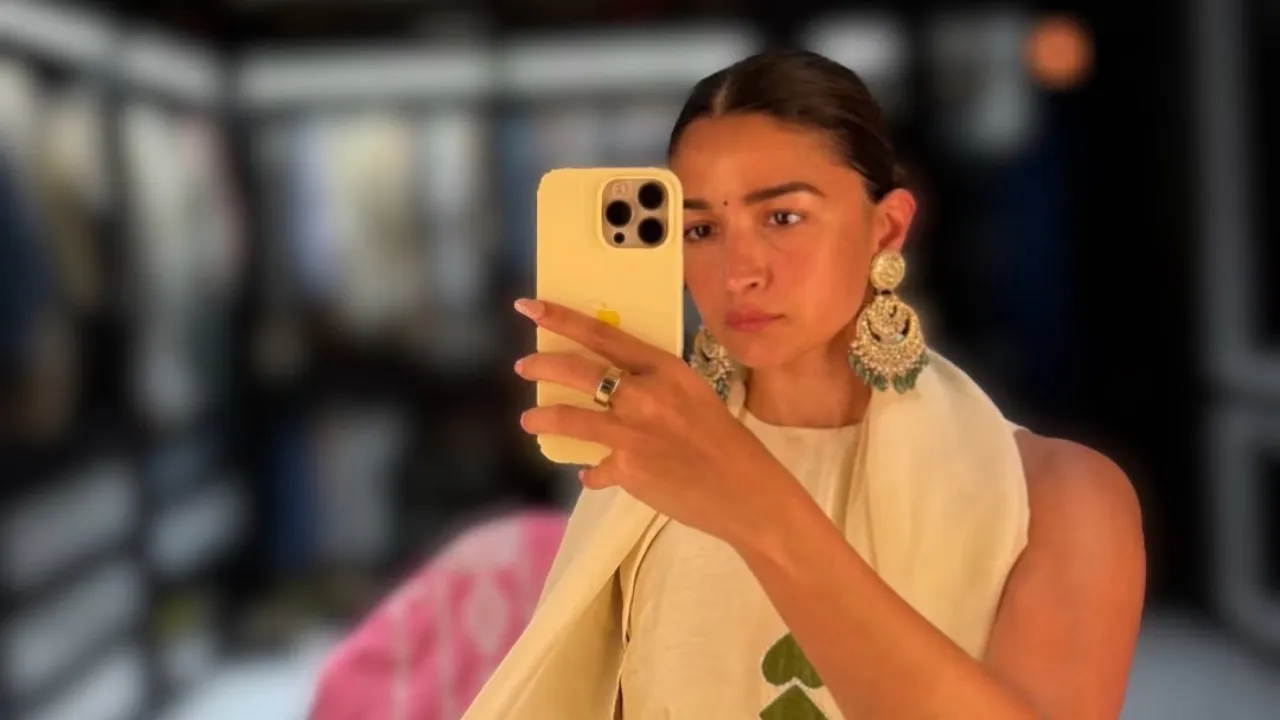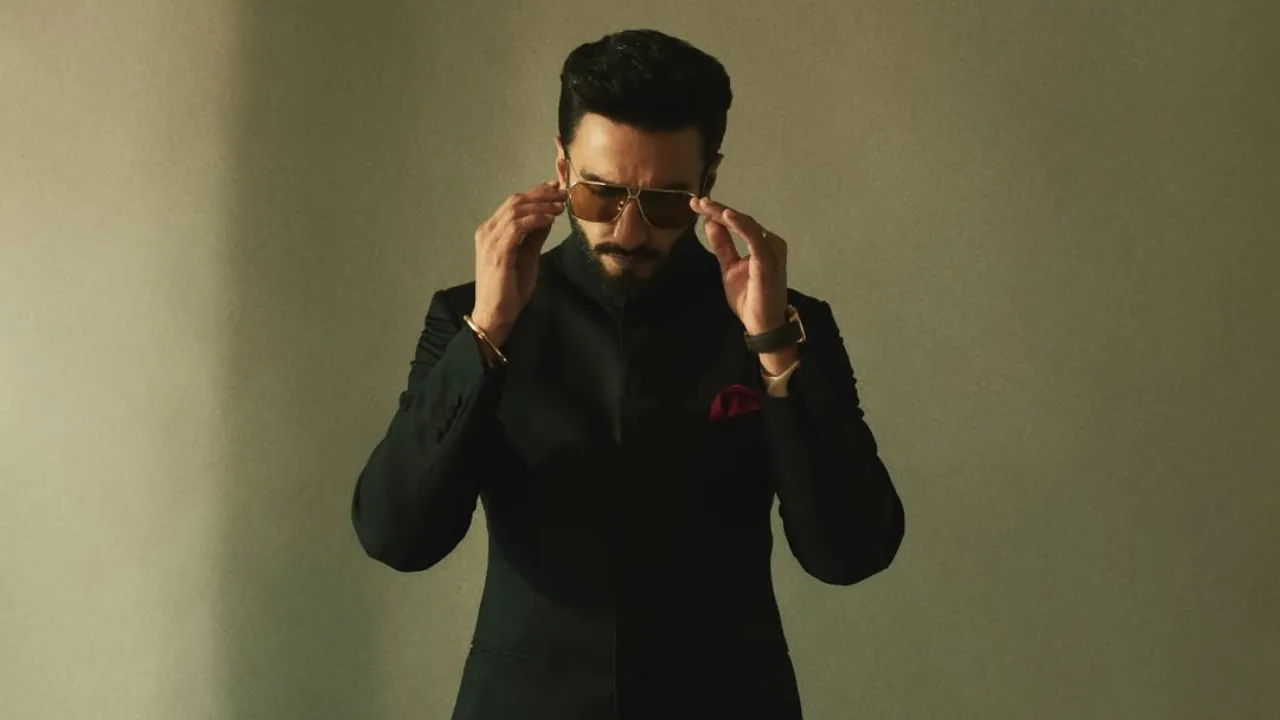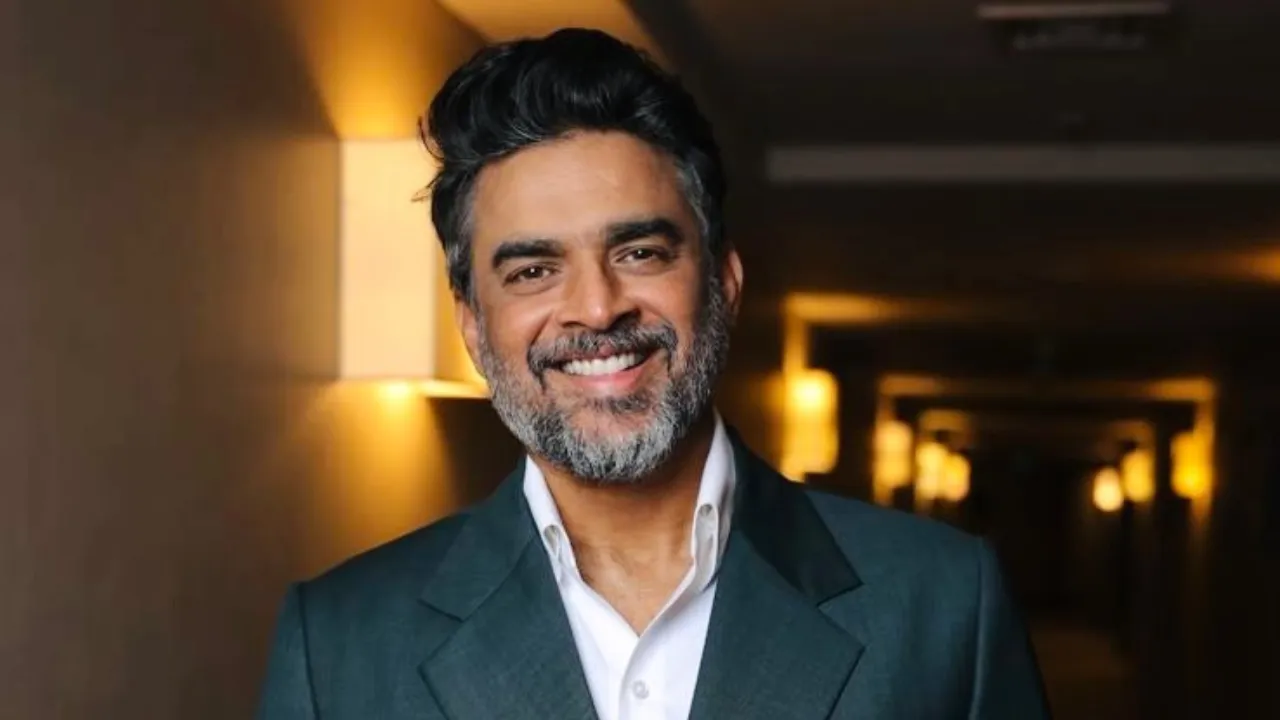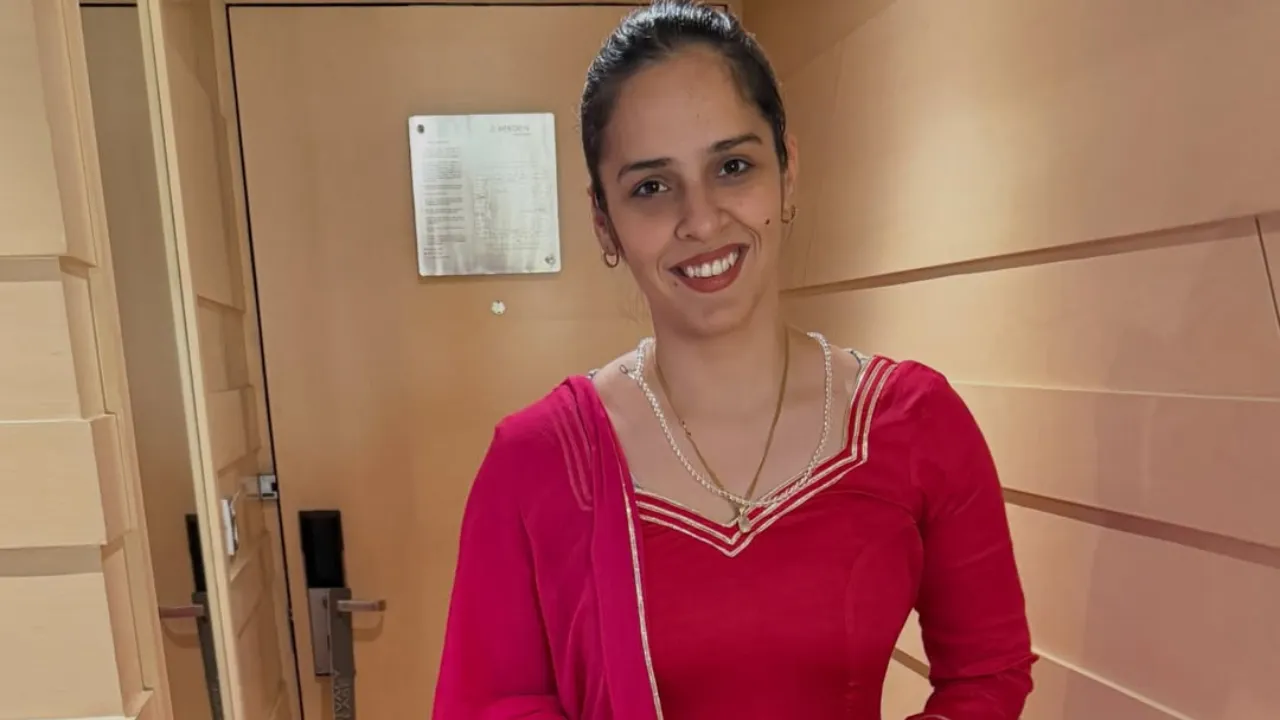Shehnaaz Gill Believes Everyone Needs Therapy at Some Point — Why Her Openness Matters
Shehnaaz Gill’s recent comments about therapy have sparked conversations across social media and mainstream press. The actress, who rose to fame on Bigg Boss 13, openly said she has taken therapy—especially to manage anger—and that everyone reaches a point in life when professional support can help. Her candour is both timely and important in a culture where mental health still carries stigma.
Why Shehnaaz Gill talking about therapy is significant
When a public figure like Shehnaaz Gill speaks about therapy, it normalizes help-seeking for millions who follow her. Celebrities have an outsized influence on attitudes toward mental health; a single honest interview can make it easier for fans to recognize their own struggles and consider therapy without shame.
Shehnaaz’s remark—that everybody has a point when they feel the need for therapy—frames therapy as a normal life tool rather than a last resort. That simple reframing reduces the “us vs. them” thinking that sometimes surrounds mental health.
A personal example: anger and therapy
Shehnaaz Gill admitted she has taken therapy to work on anger issues, saying sometimes she “just loses it.” That admission gives practical context: therapy isn’t only for depression or trauma; it can help with emotion regulation, communication, and daily functioning.
For readers who wonder whether therapy is relevant to them, this is an important message: therapy addresses a wide range of concerns, from anger management and anxiety to relationship issues and life transitions.
What therapy can do — practical benefits
Therapy is a structured space to understand patterns, learn coping strategies, and build emotional resilience. It’s not about “fixing” a person, but about equipping them with tools to respond differently to triggers.
Cognitive-behavioral approaches can help identify unhelpful thoughts that fuel anger or anxiety. Mindfulness and acceptance-based techniques improve tolerance of uncomfortable emotions. For someone like Shehnaaz—balancing public attention, a busy career, and personal pressures—these skills translate into measurable day-to-day improvements.
How to know if you might benefit from therapy
You don’t need a dramatic life event to benefit from therapy. Consider therapy if you notice:
- Frequent overwhelming anger or irritability that affects relationships.
- Persistent anxiety or low mood that reduces enjoyment in life.
- Difficulty coping with change, loneliness, or feeling “stuck.”
- Trouble sleeping, concentrating, or maintaining healthy habits.
Shehnaaz Gill’s honesty about being “scared when alone” and her need for help shows that everyday fears and discomforts are valid reasons to seek therapy. You don’t need to be at a crisis point to get support.
Practical steps to start therapy (for beginners)
If you’re convinced therapy could help, here are simple, practical steps to begin:
- Decide what you want help with. A clear goal (anger, anxiety, relationships) helps you and the therapist focus work quickly.
- Search for licensed professionals. Look for clinical psychologists, psychiatrists, or licensed counselors in your area or via reputable teletherapy platforms.
- Read brief bios and specialties. Many therapists list their approaches—CBT, DBT, psychodynamic—and which problems they commonly treat.
- Try a short intake session. A single session can tell you whether the therapist’s style fits your needs.
- Consider teletherapy if scheduling or privacy is a concern—many people find it more convenient and equally effective.
These steps remove friction and make the process feel manageable, much like any other healthcare decision.
Addressing common objections and myths
A few worries stop people from seeking therapy: cost, stigma, and doubts about effectiveness.
Cost: Many therapists offer sliding-scale fees, and telehealth platforms can be more affordable. Insurance coverage for mental health is also improving in many regions.
Stigma: Public figures like Shehnaaz Gill talking about therapy actively reduce stigma. When a celebrity frames therapy as everyday self-care, it changes norms.
Effectiveness: Research shows therapy works. Different modalities suit different people; finding the right therapist and approach is key.
Shehnaaz Gill’s wider journey — context matters
Shehnaaz Gill became a household name after Bigg Boss 13 and has since expanded into films and hosting. She has been candid in multiple interviews about personal growth, body transformation, and handling fame. Recently she also faced a health scare that led to hospital attention, which reminded fans that public life brings real pressures behind the scenes. Her mental health comments are part of a broader narrative of self-care and honesty.
How fans and loved ones can respond supportively
If someone you care about mentions therapy—or seems to struggle—your response matters. Listen without judgment, avoid minimizing feelings, and offer practical support: help find a therapist, go with them to the first appointment, or check in regularly.
Fans reacting to Shehnaaz’s openness have largely responded with empathy and encouragement, showing how small acts of support can reshape cultural reactions to mental health.
Final takeaways: what Shehnaaz Gill’s message teaches us
Shehnaaz Gill’s clear, non-judgmental take—that everyone may need therapy at some point—reminds us that mental health care is a normal part of being human. Therapy is a proactive step to understand and manage emotions, and public figures talking about it help make seeking help an easier choice.
If her words moved you, consider small first steps: read about therapy, talk to someone you trust, or schedule an introductory session. Normalizing help is the first step toward healthier communities—and Shehnaaz Gill’s honesty helps push that normalization forward.
Also Read: Ajay Devgn’s Honest Confession Goes Viral!







